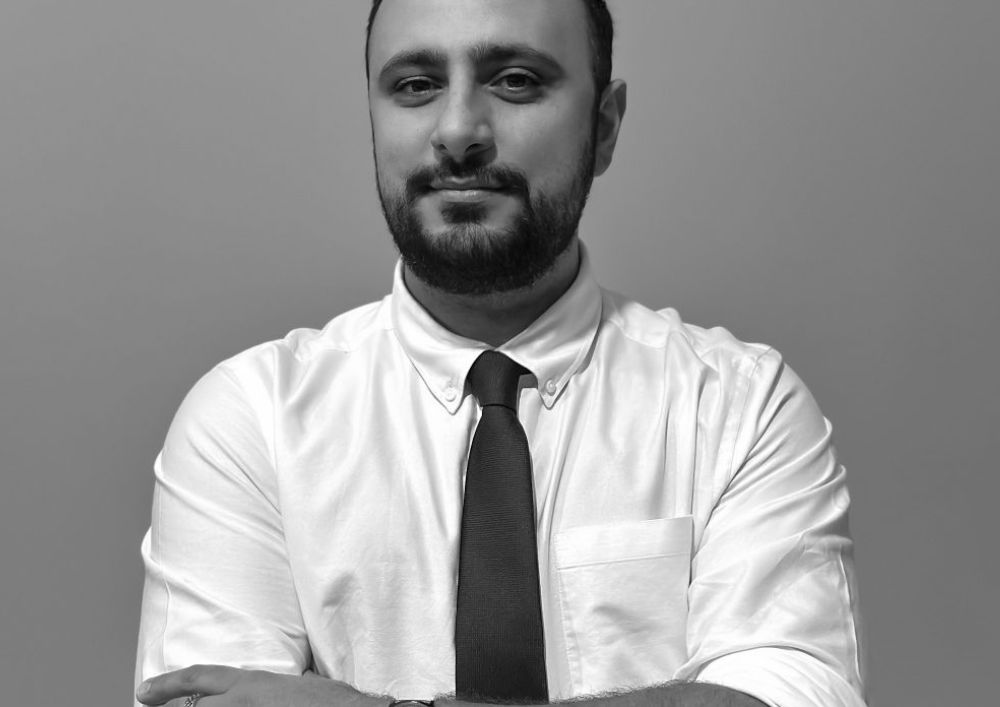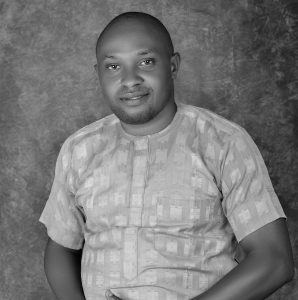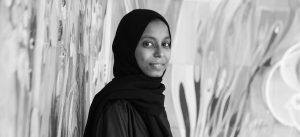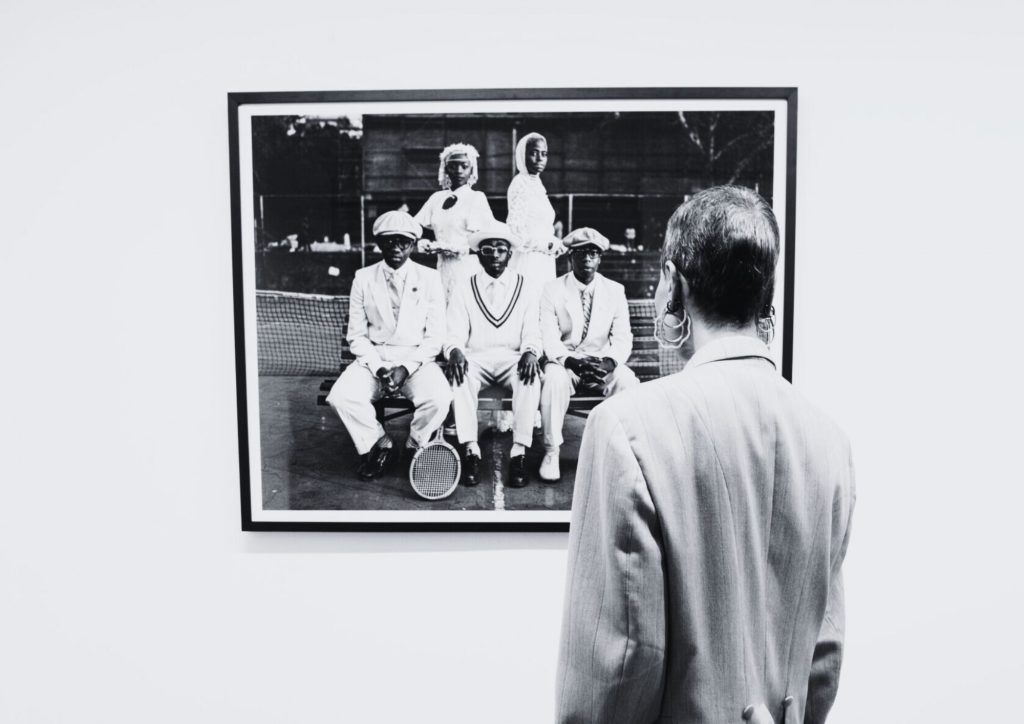Tag Archives: heritage training
Organising Temporary Exhibitions from your Collections and Touring Strategies Workshop
18 Heritage professionals from 13 countries joined us for the online workshop ‘Organising Temporary Exhibitions from your Collections and Touring Strategies’. The programme was led by Sophia Handaka, Co-Founder and Host of the CoMuseum International Conference and Curator of World Cultures at the Benaki Museum, Dr Evangelos Kyriakidis, Director of the Heritage Management Organization, and Dana Andrew, an independent museum consultant specialising in touring exhibitions and international projects.
Dr Kyriakidis opened the workshop with a discussion on the values that shape cultural institutions and how exhibitions can fulfil their missions. Participants reflected on their organisation’s purpose, the types of exhibitions that align with that purpose, and the impact of local, national, and international partnerships. Sophia Handaka then led a session on exhibition creation strategies, focusing on the practical aspects of planning and developing engaging exhibitions. She emphasised the role of storytelling, interpretation, and the importance of accessibility to ensure exhibitions cater to all audiences.
I have gained valuable networks that I plan on utilizing to get advice and feedback on how to refine my exhibition to make it more successful.
Priscilla Mungoma, Head of Commission for Museum Development Creative at Institution of Umukuuka Inzu Ya Masaaba
The second day featured guest speakers who shared their curatorial experiences. Alison Moloney presented her Fashion Accounts exhibition, which explored memory, resistance, and colonial legacies through clothing. Eileen Musundi from the National Museums of Kenya introduced the Kanga Stories travelling exhibition, which celebrates the cultural significance of Kanga cloth from Eastern Africa, demonstrating the power of community collaboration in exhibition design.
On the final day, Dana Andrew focused on strategies for touring exhibitions, both nationally and internationally. She highlighted the importance of aligning a touring strategy with an institution’s overall mission and shared case studies from the V&A Museum and other UK institutions. Andrew also stressed the importance of integrating evaluation into the early stages of exhibition planning to ensure long-term success and impact.
I really enjoyed how the course connected theory with practical experience. It was great to work on real-world projects, and I learned a lot through collaboration with workshop-mates.
Peter Jegede, Curator at On Your Mark
The workshop provided participants with valuable insights and practical tools to enhance their exhibition projects. “I’ve gained valuable insights on the best practices on curating a temporary exhibition. I have ained Knowledge from experts. U have gained valuable networks that I plan on utilising to get advice and feedback on how to refine my exhibition to make it more successful,” said Pricilla Mungoma, Head of Commission for Museum Development at Institution of Umukuuka Inzu Ya Masaaba.
The workshops also emphasised the need for strategic planning, creative storytelling, and effective audience engagement, and elicited enthusiasm from participants. “I really enjoyed how the course connected theory with practical experience. It was great to work on real-world projects, and I learned a lot through collaboration with workshop-mates,” said Peter Jegede, Curator at On Your Mark. “Participating in this course will help me apply new ideas and techniques to my projects, especially in curating and exhibition planning. I’ll be able to approach my work with a broader perspective, improve my skills, and create more impactful and engaging exhibitions.”
To read more about our upcoming workshops, click here.




